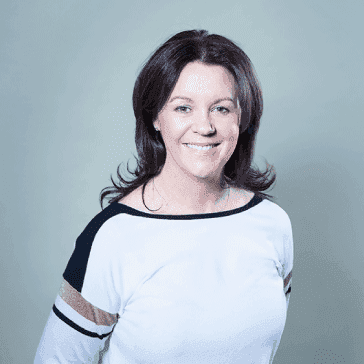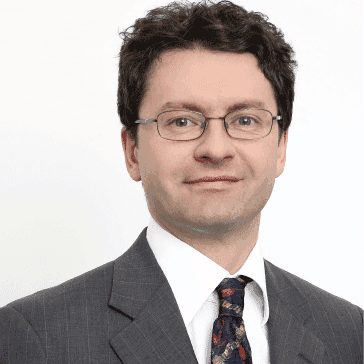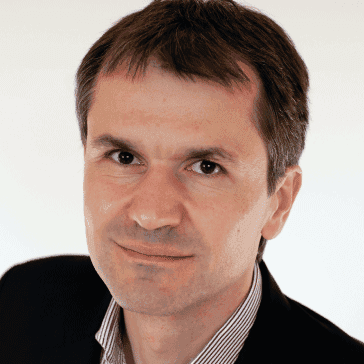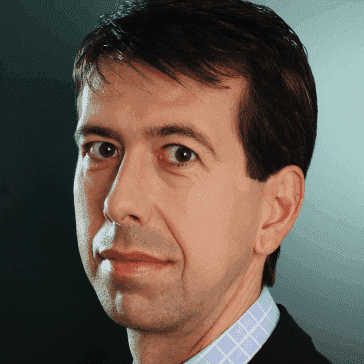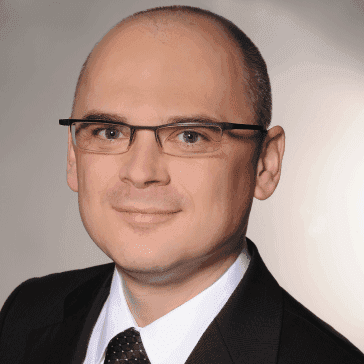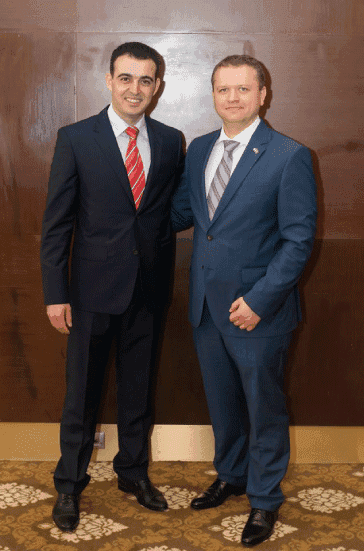The leading Austrian law firms have, in the past decade, taken advantage of their country’s significant history in Central and Eastern Europe to develop unparalleled reach throughout the region. The Schoenherr and Wolf Theiss law firms have particularly large footprints, with offices in 14 and 13 different countries, respectively. Others aren’t far behind. CMS Reich-Rohrwig Hainz is in 9 countries (not counting the many offices belonging to other firms in the CMS network). Cerha Hempel Spiegelfeld Hlawati (CHSH) is in 7 countries, and Taylor Wessing ENWC (the CEE/SEE “competence center” for Taylor Wessing international) is in 6.
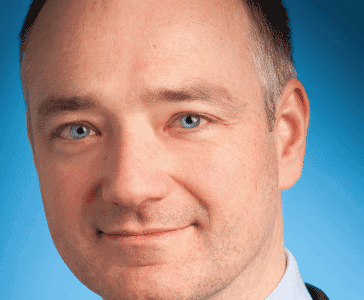
Erik Steger, Partner, Wolf Theiss
Combined, these firms cover almost every CEE/SEE market, including Belarus (CHSH) and Turkey (Schoenherr). Add in the Austrian Lansky, Ganzger + Partner’s four offices, and the list includes CIS members Kazakhstan and Azerbaijan.
But not one Austrian firm has an office in the largest country in the region/the continent/the planet. Russia, it seems, despite having the largest economy in all of CEE, stands apart from the other countries in the region as a uniquely intimidating challenge, one considered and then rejected by the firms that otherwise reach across it.
Of course, there’s no mandate that a firm try to be everywhere anyway – especially when it’s not clear that CEE means much more than the official Scrabble spelling for the third letter in the English alphabet. Albert Birkner, Partner at CHSH, makes that point. “You are aware that Eastern Europe is not Eastern Europe. You have to differentiate among the various markets and various jurisdictions. For example you can not compare Hungary to Romania, only because it’s all Eastern block – it doesn’t mean they have anything in common.”
Raimund Cancola, Managing Partner at Taylor Wessing ENWC, concurs. “Every country in Eastern Europe is different, and the culture is different, we know that. But we here in Central Europe and in particular in Austria are probably closer to every other Eastern European culture than we are to the Russian culture. This is something different.”
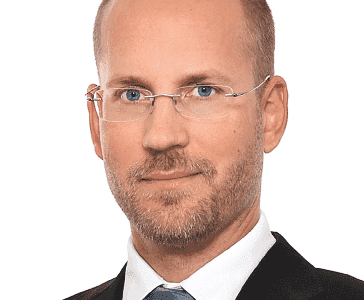
Erik Steger, Partner, Wolf Theiss
“Different” or not, most of the Austrian firms seem comfortable with remaining CEE/SEE-focused. Indeed, Alexander Popp, Partner at Schoenherr – the firm with the largest number of offices outside Vienna of any Austrian firm (including one in Brussels) – is up-front about his firm’s focus. “The geographical footprint that makes sense for us as a strategy is Central and Eastern Europe,” Popp says, and “we believe that we have figured out what is Central and Eastern Europe. It’s the area which we are currently covering.”
Circular reasoning aside, Popp dismisses even the possibility of his firm entering Russia. “It won’t happen. Because it does not fit into our strategy, and even if we would decide to go there, it would require such a large amount of management capacity, money, getting people on board … nobody is waiting there for us. Excellent firms have been there since the 90s, they have excellent people there.”
Of course, Popp concedes that “you have to have a solution for covering
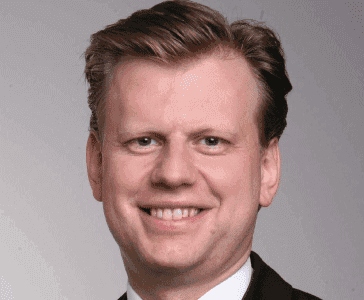
Clemens Hasenauer, Managing Partner, CHSH
Russia, because the market is important.” Schoenherr’s solution – as that of the other leading firms in the market – involves the good relationships it has built with the leading Russian and international firms already there. And thus, when his clients in Ukraine and Slovakia, for instance, ask for an extension of their coverage into Russia, his response is straight-forward. “We don’t have an office in Russia, but we work together with Russian firms, and this is how we cover it.”
Erik Steger, one of three members of the Wolf Theiss Management Board, says that, “we feel we’re everywhere we need to be at the moment.” Wolf Theiss traditionally follows client demand in deciding which markets to open offices in, Steger says. “And, from a strategic perspective, whether Russia is an option for us, must be evaluated on the basis of how many of our clients that are in the CEE/SEE region, also go into Russia, and go to Russia so much that they would ask their lawyers to be there as well. Now if you look at Wolf Theiss, we have a huge client base in Banking and Finance, we have a huge client base in Real Estate, in Infrastructure and Energy, you will be able to see that some of these clients, yes they do have Russian operations, but the majority not. So Russia appears to be, for our clients, every now and then maybe too big to dare move.”
And if it’s too big for the firm’s clients, it’s too big for the firm. “If you were going to move to Russia,’ Steger explains, “you can’t do that with 7 or 8 people. You could do that if you had a niche offering – so if you had a firm that focuses only, say, on Real Estate. Then you could have 8-10 lawyers in an office there, and just do fine. But if you offer more than that – if your offering is broader, just like ours – then you need a massive operation there .… if you need 50 in Poland, you probably will need 100 to 150 in Moscow to meet client expectations. What that means is you need a massive investment. And the question is whether a partnership of our size can, risk-wise, manage such a step.” His question is rhetorical – the answer, obviously, is no.
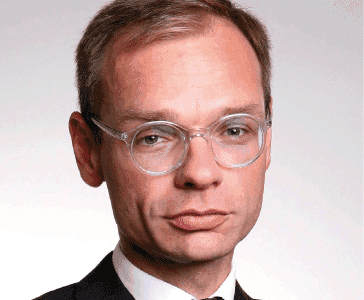
Albert Birkner, Managing Partner, CHSH
The cost of entering in appropriate numbers is a common refrain. Cancola, at Taylor Wessing ENWC, also refers to that particularly intimidating obstacle. “The Russian market, in my view, is so huge, it doesn’t make a lot of sense to start with a small unit. You will most likely be more effective by being present with a remarkable size from the beginning, which requires a certain investment.”
Clemens Hasenauer, Partner at CHSH, agrees. “Russia is a huge market, it’s farther away from Austria, and you have a lot of large firms still located there, also US firms, where you have quite high barriers to entry, when it comes to costs you incur, in order to get office space in a decent location, and get good lawyers – it’s all very costly there.”
In addition to the cost of doing business in Russia, partners at the Austrian firms often make explicit reference to the historical connection between Austria and its closer neighbors in explaining their lack of interest in that farther country. Birkner, for instance, explains that CHSH has focused its Eastern European expansion primarily on Southeastern Europe, “because those countries are smaller jurisdictions that have a history of being a kind of backyard market for Austria.” He continues, “so this makes perfect sense for Austrian investors to be there, and together with them we kind of accompanied them and set up our offices there, particularly because we have a very strong Austrian client base.” Raimund Cancola also refers to Austrian history and geographical proximity when considering why ENWC stayed out of Russia even before its 2012 tie-up with Taylor Wessing. “It’s a funny thing with Russia: We always had the philosophy that we look at new markets from our perspective, and … we always had the philosophy of ‘we go where we feel more at home’ …. So if you look at our history – from Hungary, we moved further and further down the road of our historic roots.”

Raimund Cancola, Managing Partner, Taylor Wessing ENWC
The question of Russian expansion is no longer his to struggle with, Cancola notes. Taylor Wessing ENWC is the “the competence center” for SEE and CEE, “but because Russia has such a global impact, Russia is dealt with on the Taylor Wessing international level.” Still, Cancola believes that “looking at Taylor Wessing’s international road map, I can say that, we will look into Russia in the next 4-5 years. However that also depends on the nature of demand of our clients.”
Explanations for Austrian firms’ avoidance of Russia may differ to some minor extent, but none of them see any reason to incur the significant costs and face the undeniable competitive, legal, and cultural challenges involved in opening an office in the country. The firms are already profitable and content in the rest of CEE, and none faces significant pressure from clients to be on the ground in Moscow. Ultimately, even while they compete with one another for clients across CEE, one thing Austrian partners seem to agree on is: “Russia is different.”
